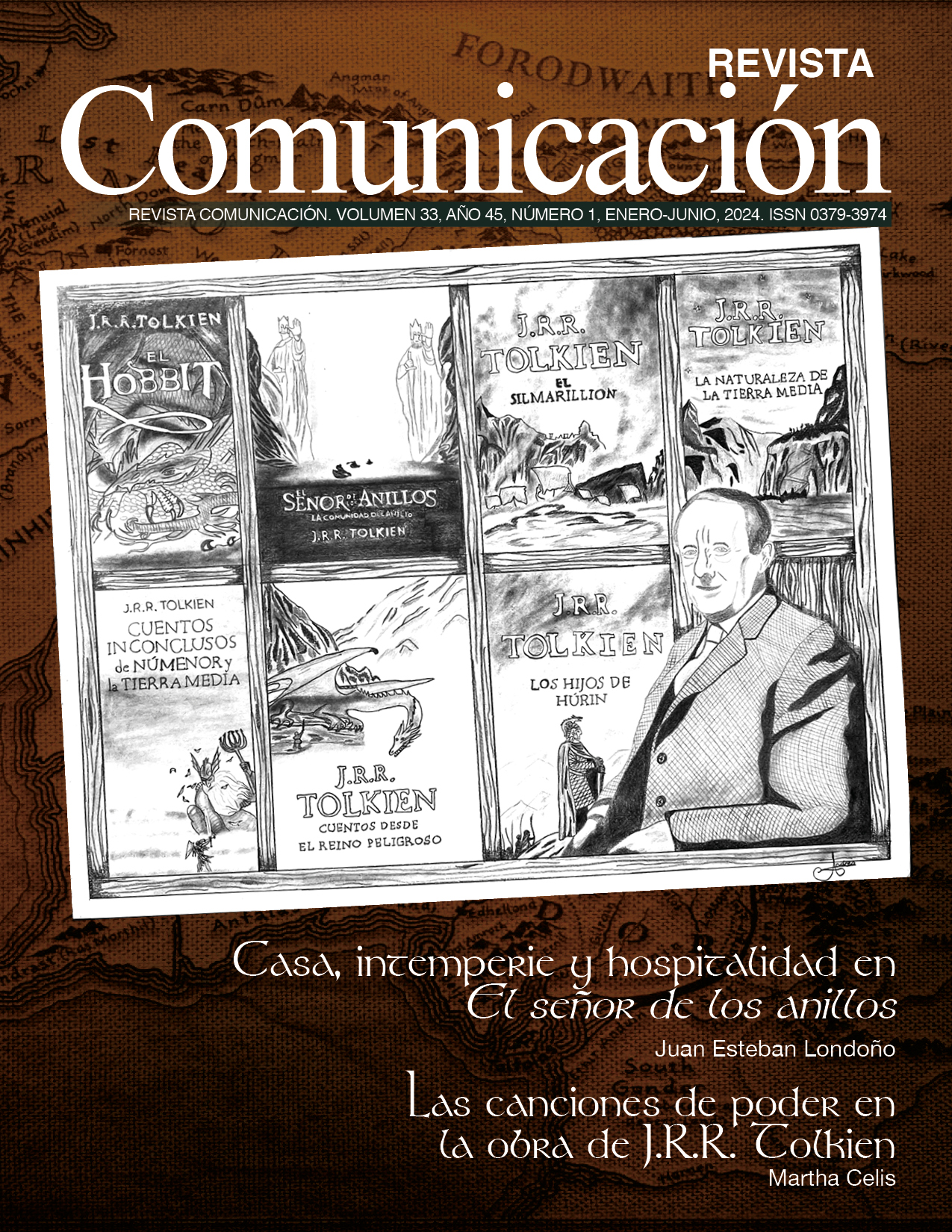Violencia e inseguridad social en El Salvador y Costa Rica: un análisis comparativo de las políticas públicas de N. Bukele y R. Chaves
Contenido principal del artículo
Resumen
La seguridad pública en América Central se ha convertido en un desafío apremiante, manifestándose de manera particular en las estrategias adoptadas por los líderes de países como El Salvador y Costa Rica. En el centro de esta dicotomía se encuentran dos enfoques notoriamente divergentes liderados por Nayib Bukele en El Salvador y Rodrigo Chaves en Costa Rica. Mientras Bukele apuesta por el encarcelamiento masivo y la militarización como medidas principales, Chaves ha delegado la responsabilidad en los poderes Legislativo y Judicial, enfrentándose así al año más violento de la historia costarricense. Este ensayo se propone explorar y analizar estas estrategias opuestas, examinando las políticas de seguridad implementadas por ambos mandatarios, así como sus discursos autoritarios y las consecuencias de estas decisiones en la percepción pública. Mediante este análisis comparativo, se busca examinar la efectividad y sostenibilidad de tales enfoques en la mitigación de la violencia, ofreciendo una visión integral de cómo estos líderes abordan el desafío común de proteger la seguridad de sus ciudadanos.
Detalles del artículo
This work is licensed under a Deed - Atribución/Reconocimiento-NoComercial-SinDerivados 4.0 Internacional - Creative Commons.
Política de acceso abierto
Esta revista provee acceso libre inmediato a su contenido bajo el principio de que hacer disponible gratuitamente investigación al público apoya a un mayor intercambio de conocimiento global.
Ser una revista de acceso abierto, implica que todo el contenido es de libre acceso y sin costo alguno para el usuario o usuaria, o institución. Las personas usuarias pueden leer, descargar, copiar, distribuir, imprimir y buscar los artículos en esta revista sin pedir permiso previo del editor o el autor con fines educativos y no de lucro.
La única limitación de la reproducción y la distribución, y el único papel de los derechos de autor en este ámbito, debe ser dar a los autores el control sobre la integridad de su trabajo y el derecho a ser debidamente reconocidos y citados. (Budapest Open Access Iniciative)
LICENCIAMIENTO Y PROTECCIÓN INTELECTUAL
Todos los artículos publicados, están protegidos con una licencia Creative Commons 4.0 (Deed - Atribución/Reconocimiento-NoComercial-SinDerivados 4.0 Internacional - Creative Commons) de Costa Rica. Consulte esta licencia en: https://creativecommons.org/licenses/by-nc-nd/4.0/deed.es
Las licencias constituyen un complemento al derecho de autor tradicional, en los siguientes términos:
- Se impide la obra derivada (es decir, no se puede alterar, transformar ni ampliar el documento).
b. Siempre debe reconocerse la autoría del documento referido.
c. Ningún documento publicado en la Revista Comunicación, puede tener fines comerciales de ninguna naturaleza.
Mediante estas licencias, la revista garantiza al autor que su obra está protegida legalmente, tanto bajo la legislación nacional como internacional. Por tal motivo, cuando sea demostrada la alteración, la modificación o el plagio parcial o total de una de las publicaciones de esta revista, la infracción será sometida a arbitraje internacional en tanto que se están violentando las normas de publicación de quienes participan en la Revista y la Revista misma. La institución afiliada a Creative Commons para la verificación en caso de daños y para la protección de dichos productos es el Instituto Tecnológico de Costa Rica, mediante la Editorial Tecnológica y la Vicerrectoría de Investigación.
Citas
Chacón, V. (2023). En política de seguridad, Chaves “está demostrando una incompetencia extraordinaria”. Semanario Universidad.
Cortés, S., Rojas, M., & Chavarría, S. (2023). La “luna de miel” y las protestas en los primeros siete meses del gobierno de Rodrigo Chaves Robles (mayo-diciembre 2022). Anuario del Centro de Investigación y Estudios Políticos, 35, 1-35.
Fuertes, R. (2023). Análisis de las políticas de seguridad de la República de El Salvador y propuestas de mejora para el crecimiento interno del país. Universidad a distancia de Madrid.
García, J. (2020). La política de seguridad en El Salvador: la construcción del enemigo y sus efectos en la violencia y el orden social. Revista de Estudios Sociales, (73), 96-108. Recuperado de https://doi.org/10.7440/res73.2020.08.
Hochmüller, M. & Müller, M.M. (2023) The Myth of Demilitarization in Costa Rica, NACLA Report on the Americas, 55(4), 370-376. Recuperado de https://doi.org/10.1080/10714839.2023.2280389.
Nicaso, A., & Danesi, M. (2021). Organized Crime: A Cultural Introduction. Routledge.
Rocha, J. L. (2022). La utopía de Bukele: Remilitarizar y encarcelar, traicionando los Acuerdos de Paz. Estudios Centroamericanos, 77(770), 122-150.
Rocha, J. L., Weegels, J., & Rodgers, D. (2023). Debunking the Myth of Nicaraguan Exceptionalism: The Political Economy of Violence in Times of Crisis. Journal of Latin American Studies. Advance online publication. Recuperado de https://doi.org/10.1017/S0022216X23000676.

